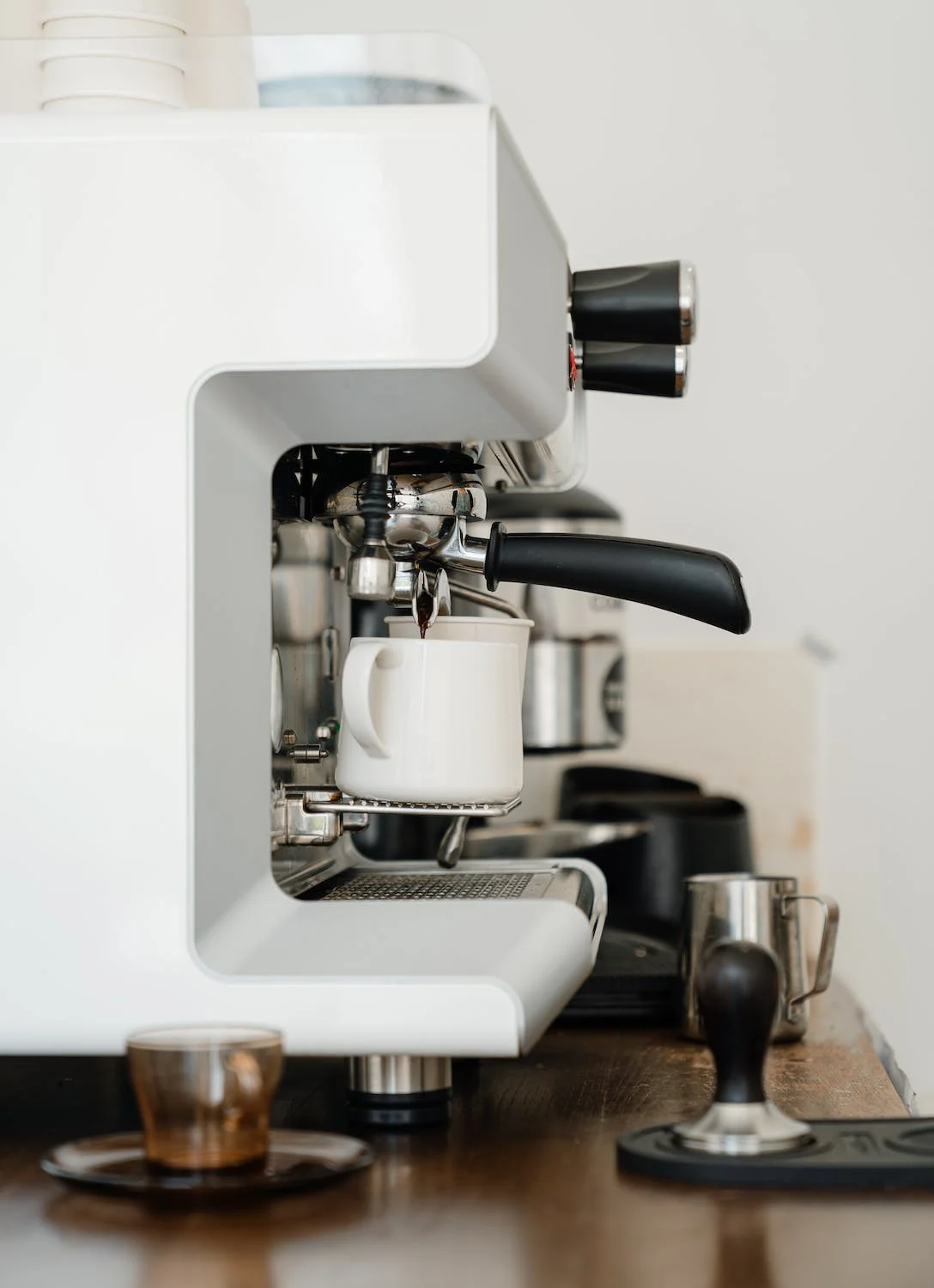When it comes to coffee machines, there are big differences between domestic and commercial models. If you’re simply looking to make great coffee at home, then a domestic machine will be just fine.
However, if you’re running a business where coffee is served, then you’ll need a commercial machine that can handle higher volumes. In this post, we’ll explore the key differences between these two types of machines so that you can choose the right one for your needs.
Size
Domestic coffee machines are designed to provide coffee for families or small gatherings, whereas commercial coffee machines are built for a larger crowd, usually for restaurants or businesses. Generally speaking, domestic varieties take up less counter space, require less energy, and come with a smaller price tag than their commercial counterparts.
A few examples of domestic coffee machines are:
Commercial coffee machines are bigger due to their enhanced features such as higher capacity storage and multiple grinders and brewers. They operate at a stronger wattage and have more durable construction, meaning they can maintain regular use over a longer period while also producing greater volumes of coffee than domestic machines. Commercial coffee makers often feature more advanced technology such as precision temperature control and milk steamers, giving establishments the greater ability to create craft coffees for customers.
A few examples of commercial coffee machines are:
With the difference in size in coffee machines, comes the difference in functionalities and characteristics. Hence, the following factors will help you further in choosing the suitable machine.
Features
In terms of features and specifications, commercial coffee machines and domestic coffee machines differ vastly from each other. Commercial coffee machines often offer a superior range of features compared to domestic alternatives. For example, some models such as the Schaerer Joy come with a built-in grinder or advanced milk frother capabilities.
The latter is an especially impressive attribute as it allows the user to make high-quality coffees quickly and conveniently. Moreover, commercial machines have larger capacities and more options when it comes to temperature controls and other settings. This adds to the convenience offered by these machines and is especially beneficial for businesses that require large quantities of coffee in a short amount of time. Whereas domestic machines generally come with limited features but still are well capable of delivering you delicious cups of espresso whenever you crave one. Domestic coffee machines such as the Isomac Pro 6.1 1 Group are packed with every factor that ensures optimum convenience and satisfaction while craving a hot cup of brew.
Price
When it comes to coffee machines, there is a significant price difference between domestic and commercial models. Domestic coffee machines are typically smaller, less expensive, and easier to use than commercial machines. However, they come with fewer features and limited capabilities such as a smaller water tank and fewer brewing options.
On the other hand, commercial coffee makers offer more features and better performance while also being more expensive. They usually have larger tanks that hold more water, higher-quality components (such as stainless steel boilers), multiple bean hoppers for different types of espresso beans, and an automated milk option for cappuccinos or lattes.
Ultimately, when considering the price difference between domestic and commercial coffee makers, businesses should factor in their budget as well as their needs when deciding which type of machine is right for them.
In closing
In conclusion, domestic and commercial coffee machines have essential differences to consider when making a purchasing decision. As shown, commercial machines typically have more features and are designed for heavy use and cost more than domestic machines. Domestic coffee makers are a great option for those who only plan on using the machine occasionally or at home. On the other hand, commercial coffee machines are recommended if you need your coffee quickly and have frequent customers. All in all, considering the differences could help you to find the best fit for you and your business needs.

 +61 3 7038 8300
+61 3 7038 8300